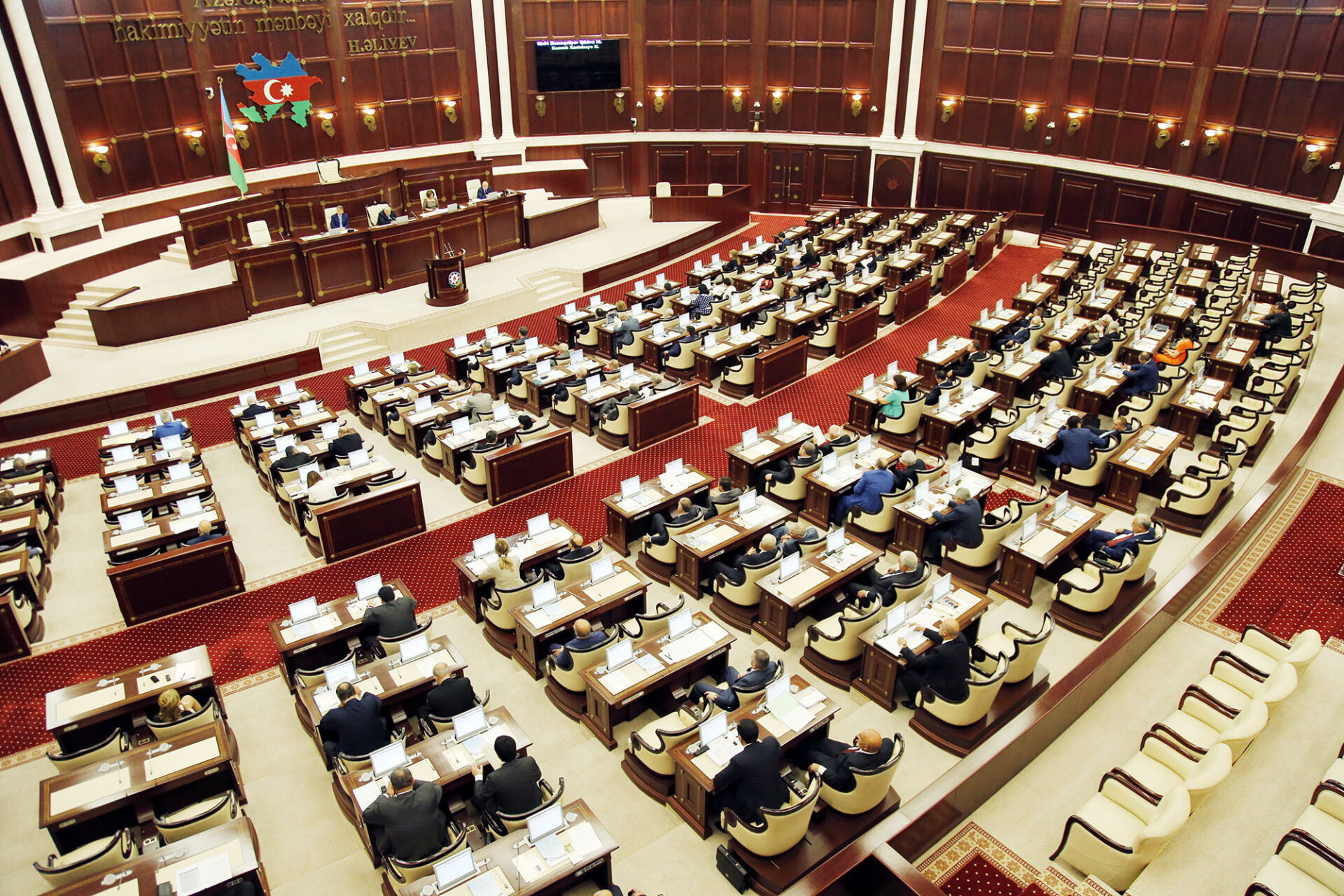
New Report of Terrorist Camp in South Africa
New Report of Terrorist Camp in South Africa
Reports of paramilitary camps, extremist activities and extraordinary renditions of jihadi suspects in the Republic of South Africa continue to raise concern that the country is used for terrorist support activities (Terrorism Monitor, March 15). In mid-March, Barry Gilder, coordinator of South Africa’s National Intelligence Coordinating Committee, indicated that terrorists with links to Afghanistan, Iraq and Pakistan were increasingly spending time in the country (South African Press Association, March 13). His remarks made clear that South Africa, due to political and historical reasons, is unlikely to be a target of attacks, but rather a safe haven where support infrastructures might be available. Gilder also cited the terrorist use of the country’s banks and a pattern of illegally obtained South African passports ending up in the hands of al-Qaeda suspects or their associates in Europe (South African Press Association, March 13; Associated Press, July 27, 2004). In addition, Gilder indicated that the government is aware of the possible existence of small-scale training grounds used by terrorists (The Herald, March 27).
Coinciding with the South African intelligence official’s remarks, a Johannesburg magazine featured an expose of an alleged jihadi training facility outside Port Elizabeth (Molotov Cocktail, March). James Sanders, who published a history of South Africa’s Secret Service under apartheid, wrote the feature and provided photographs of the property—including images of a rudimentary shooting range and makeshift mosque. Sanders claims that members of the Port Elizabeth-based Desai family own and run the facility, which became operational in the mid-1990s. Nazier Desai is named as the head trainer and his cousin Ahmed Seddick Desai as the financial manager. The report states that the Desais are in the process of building an Islamic boarding school with the capacity of housing 72 male students. Twice a week, Sanders writes, instructors from the school take students to the camp to receive combat training in self-defense and small arms, including illegal high-caliber handguns, R1 rifles and AK-47s.
Apart from evidence linking the Islamic boarding school to Nazier Desai—his contact details and a bank account number are listed with wiring instructions on a 2002 website soliciting donations for a construction project to add boarding facilities to the Darul Aloom madrassa (https://intisaarul.netfirms.com/darul_uloom_port_elizabeth.htm)—much of what Sanders cites as source material is not in the public domain and is difficult to verify. The camp’s existence is not in dispute; the function of the camp, however, is the subject of great debate. Intelligence officials have indicated an awareness of the camp, but suggested that the camp ceased activities following a failed surveillance operation (The Herald, March 27).
Media reports concerning these matters have elicited a strong reaction from South Africa’s Muslim community. A prominent South African cleric recently wrote in response to Gilder’s statements that “history has shown that today’s illegitimate organization and suspected terrorist (the example of the ANC and Mr. Mandela would suffice) may just become tomorrow’s hero.” The cleric continues to say that “there is a need for a major reality check when it comes to assumptions made about the nature of terror threats” (The Star, March 20). In addition, the South African Media Review Network, which aims “to dispel the myths and stereotypes about Islam and Muslims,” chafes at the suggestion that those Muslims who use suicide tactics against civilians should be characterized as terrorists (https://mediareviewnet.com). Adducing Afghanistan, Iraq, Chechnya, Israel and Somalia, the author writes that “solidarity and activism for just causes should, in fact, be encouraged.” Use of the adjective “terrorist” seems to be the core issue of the South African Muslim community’s response. The underlying assumption of both of these statements is that if political objectives are understood to be legitimate or “just,” then suicide attacks against civilian populations—conventionally defined as terrorism—are permissible.
In addition to the alleged details surrounding Port Elizabeth and other possible terrorist training camps, perhaps an equally worrying development is that opinion leaders in South Africa’s Muslim community demonstrate an implicit acceptance of jihadi discourse. Signs of terrorist support infrastructures and increased radicalization in South Africa should continue to be monitored closely.


